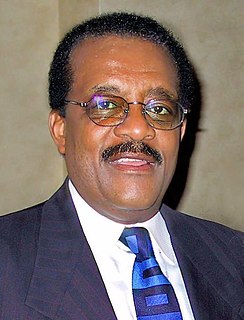A Quote by Stephanie Mills
A deep analysis judges technology morally - from its conception and intention to the totality of its consequences, knowing that all "raw materials" once were someone's home or sustenance, that extraction and manufacture at industrial scale reduce landscapes and their human beings, that distribution, employment, and disposal of technologies change lives in unpredictable ways.
Quote Topics
Analysis
Beings
Change
Conception
Consequences
Deep
Disposal
Distribution
Employment
Extraction
Home
Human
Human Being
Human Beings
Industrial
Intention
Judges
Knowing
Landscapes
Lives
Materials
Morally
Once
Raw
Raw Material
Raw Materials
Reduce
Scale
Someone
Sustenance
Technologies
Technology
Totality
Unpredictable
Ways
Were
Related Quotes
Philosophy, like science, consists of theories or insights arrived at as a result of systemic reflection or reasoning in regard to the data of experience. It involves, therefore, the analysis of experience and the synthesis of the results of analysis into a comprehensive or unitary conception. Philosophy seeks a totality and harmony of reasoned insight into the nature and meaning of all the principal aspects of reality.
We live in this culture of endless extraction and disposal: extraction from the earth, extraction from people's bodies, from communities, as if there's no limit, as if there's no consequence to how we're taking and disposing, and as if it can go on endlessly. We are reaching the breaking point on multiple levels. Communities are breaking, the planet is breaking, people's bodies are breaking. We are taking too much.
I no longer become angry. I not only do not say angry words, I do not even think angry thoughts! If someone does an unkind thing to me I feel only compassion instead of resentment. Even upon those who cause suffering I look with deep compassion, knowing the harvest of sorrow that lies in store for them. If there were those who hated me, I would love them in return, knowing that hatred can only be overcome by love, and knowing that there is good in all human beings which can be reached by a loving approach.
The technologies which have had the most profound effects on human life are usually simple. A good example of a simple technology with profound historical consequences is hay. Nobody knows who invented hay, the idea of cutting grass in the autumn and storing it in large enough quantities to keep horses and cows alive through the winter. All we know is that the technology of hay was unknown to the Roman Empire but was known to every village of medieval Europe. Like many other crucially important technologies, hay emerged anonymously during the so-called Dark Ages.

































